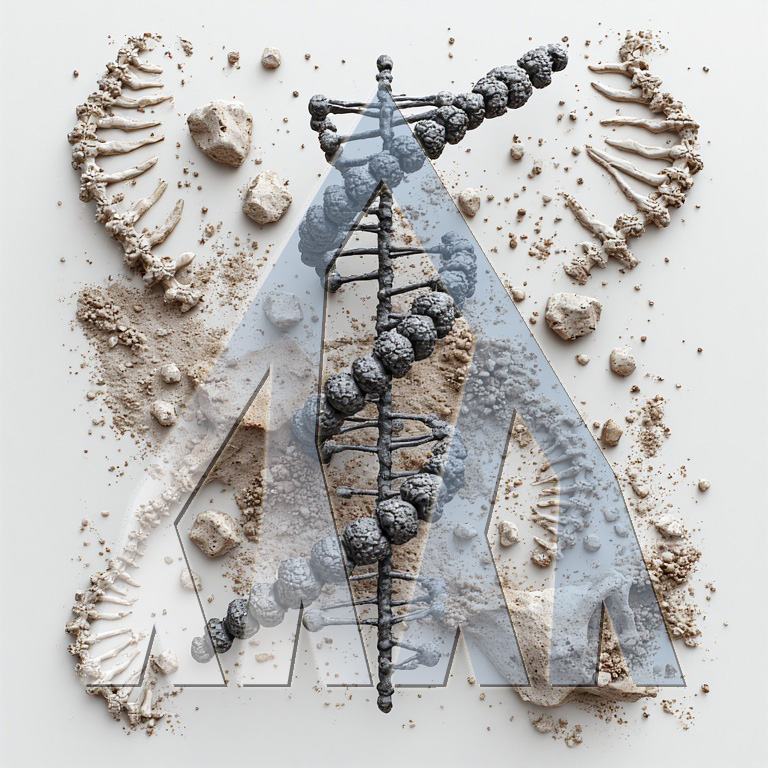Paleogenetics
Protein Evolution Analysis
As we search for life in the cosmos, we must ask which molecular details of the Terran biosphere are general to life universally, and which reflect historical accidents and contingencies. Synthesis offers a way to answer such questions. Using organic chemistry tools, our group synthesized many molecular systems that are not DNA or RNA, but can store information like DNA and RNA. More importantly, we synthesized many molecular systems that cannot store information like DNA/RNA. Study of these alternative candidates for genetic material provides the experimental grounds for the agnostic life finder (ALF) that is being prepared for flight. With researchers at Indiana University, crystal structures of many of these alternative life forms are being solved. The National Science Foundation is presently supporting this work.
-
Paleogenetics and Planetary Biology
Analyses of protein sequence evolution generates hypothesis of the roles of proteins in cells, organisms, and their environments across the planet. To test these hypotheses in planetary biology, our group developed the field of experimental paleogenetics. Here the tools of recombinant DNA technology are used to resurrect ancestral genes for ancient proteins from extinct organisms. These "Jurassic Park" proteins are then studied in the laboratory, where their properties connect the molecules of living systems to the challenges of their surviving in a changing environment, including changing climate, habitat, and ecosystems.
For example, the group resurrected enzymes that ancient primates used to digest alcohols living over the past 80 million years. This led to an understanding of the natural history of human alcohol use, abuse, and alcoholism. We resurrected enzymes from ruminants living over the past 50 million years to understand their adaptation to the global cooling that the Earth suffered over this time. We also developed a natural history view of the molecules involved in diseases such as inflammation, hypertension, and obesity. Evolution-based tools to guide protein engineering also emerged from this work.

The history of life on Earth recorded in our genomes can be connected to the fossil record, and ancient proteins from these now extinct organism brought back to life in the laboratory.

Extensive databases and bioinformatics tools allow us to trace molecular history deep into the past.
-
Deep into our historical past
With our database covering the molecular history of the biosphere, bioinformatics tools to analyze that history, and paleogenetics experiments to test models emerging from it, we have been able to trace molecular phenotypes back billions of years. This includes paleogenetic resurrections of parts of protein synthesis machinery in bacteria that lived ~3 billion years ago. This helped construct a temperature history for microbial life over much of its history.
Further analyzes built models of early forms of life on Earth, which used RNA both to store information and to catalyze reactions. These include models for the roles of cofactors, altered nucleic acids, and early metabolism in the first life on Earth. These models are today guiding our efforts to design artificial life, search for alien life, and understand the origin of life.